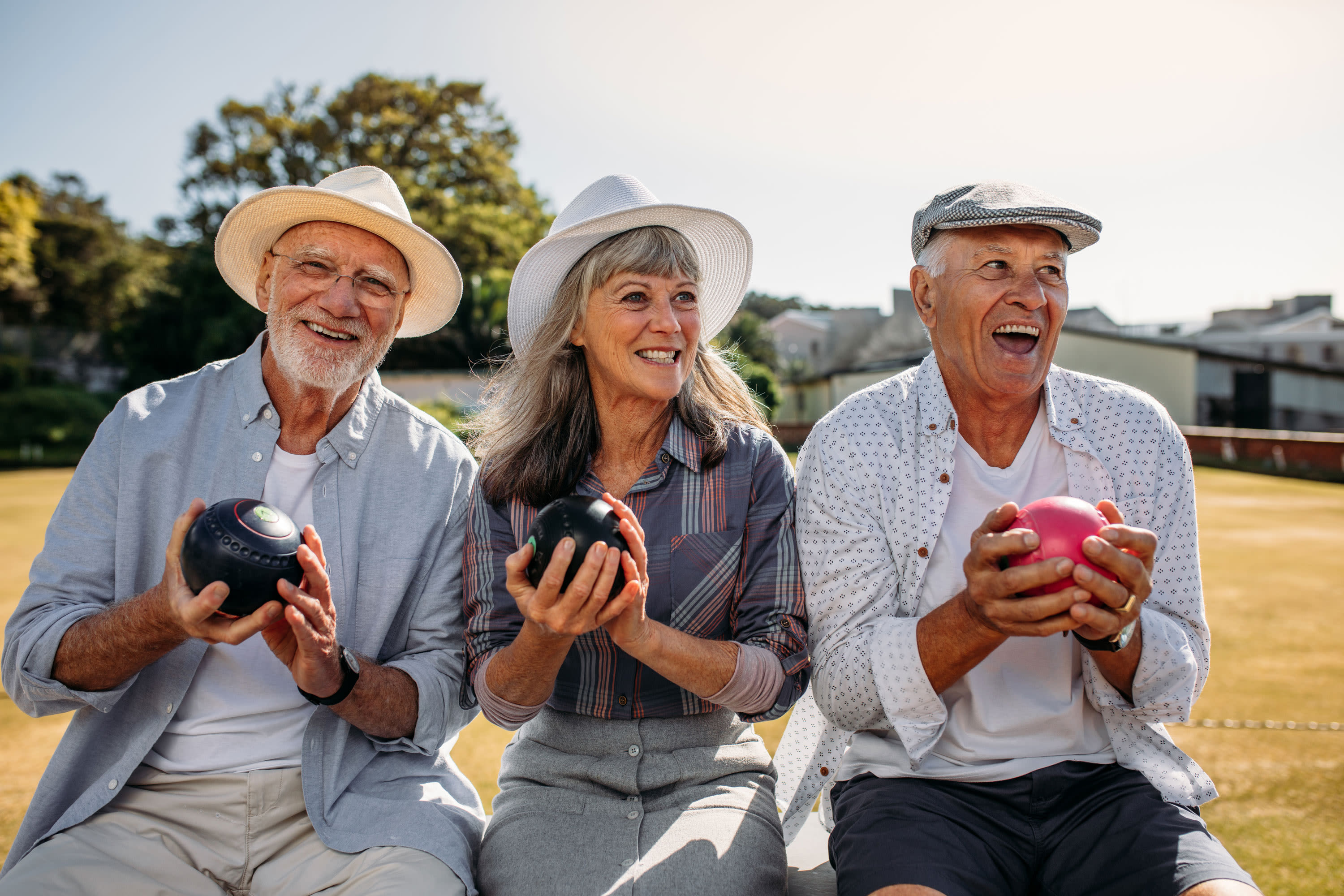
Upcoming Events
News & Community Events
Incorporating the seven components of wellness (emotional, physical, intellectual, spiritual, social, environmental, and occupational) into our activities calendar, we aim to engage each and every resident by providing a wide variety of social events.


Regular Schedule of Activities Includes:
- Art Program
- Concerts
- Monthly Birthday Party
- Movies
- Fitness Classes
- Game Time
- Friday Happy Hour
- Book Club
Stay Informed
York Gardens Blog
Live Life to the Fullest at York Gardens
